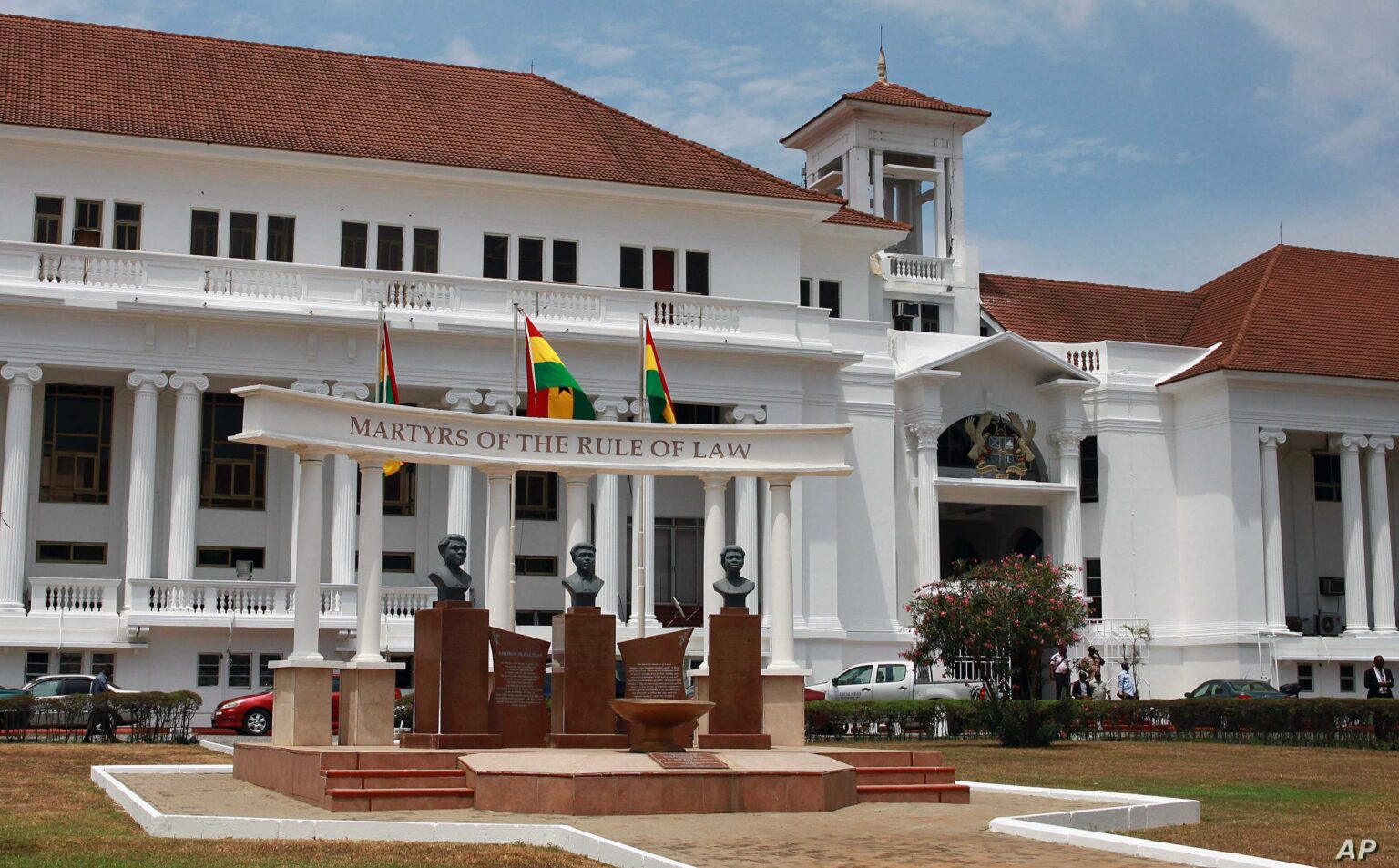The Supreme Court has dismissed a suit seeking to declare as unconstitutional the Food and Drugs Authority’s (FDA) guidelines that prohibit celebrities from advertising for alcoholic beverages.
The Food and Drugs Authority (FDA) in 2016 instituted guidelines for the advertisement of foods and beverages, where the authority noted that no well-known personality or professional shall be used in alcoholic beverage advertisement.
But the plaintiff in the case, Mark Darlington Osae who is the manager for Musicians Reggie N Bollie believes that the directive is discriminatory and unconstitutional.
He filed the suit at the apex court praying the court to injunct the Food and Drugs Authority by interpreting articles 17(1) and 17(2) of the constitution to mean that the directive is discriminatory.
But in a majority 5-2 decision the Supreme Court presided by Chief Justice Gertrude Torkonoo upheld the constitutionality of the directive.
Mr. Osae’s lawyer, Bobby Banso argued that the FDA’s 2015 regulation banning celebrities from advertising alcohol is discriminatory against the creative arts industry.
The writ asserted that the FDA directive, which states “no well-known personality or professional shall be used in alcoholic beverage advertising, is inconsistent with and in contravention of articles 17(1) and 17 (2) of the 1992 Constitution.”
He contended that Articles 17(1) and 17 (2) of the 1992 Constitution guarantee equality before the law and prohibit discrimination against persons on grounds of social or economic status, occupation, among others, and consequently makes the directive null, void, and unenforceable.
The writ also sought the following reliefs;
(a) A declaration that on a true and proper interpretation of Articles 17(1) and 17(2), which guarantee equality before the law and prohibit discrimination against persons on grounds of social or economic status, occupation, among others, Guideline 3.2.10 of the Guidelines for the Advertisement of Foods published by the 1st Defendant on February 1, 2016, which provides that “No well-known personality or professional shall be used in alcoholic beverage advertising,” is discriminatory, inconsistent with, and in contravention of Articles 17(1) and 17(2) of the 1992 Constitution, and thus unconstitutional.
(b) A declaration that on a true and proper interpretation of Articles 17(1) and 17(2), Guideline 3.2.10 of the Guidelines for the Advertisement of Foods published by the 1st Defendant on February 1, 2016, which prohibits well-known personalities and professionals from advertising alcoholic products, is inconsistent with and in contravention of Articles 17(1) and 17(2) of the 1992 Constitution, which guarantee equality before the law and prohibit discrimination against persons on grounds of social or economic status, occupation, among others, and consequently null, void, and unenforceable.
(c) An order striking down Guideline 3.2.10 of the Guidelines for the Advertisement of Foods published by the 1st Defendant on February 1, 2016, as being inconsistent with and in contravention of the letter and spirit of the 1992 Constitution, and as such nullified.
(d) An order of perpetual injunction restraining the Defendants, their agents, servants, or assigns under the pretext of acting under Guideline 3.2.10 of the Guidelines for the Advertisement of Foods published by the 1st Defendant on February 1, 2016, from doing anything to prevent any well-known personality or professional from advertising alcoholic products.
Notable figures in the creative industry, including Wendy Shay, Shatta Wale, Brother Sammy, Kuami Eugene, and Camidoh, have voiced their opposition to the directive, urging for its repeal. They argue that endorsing alcoholic beverages is a crucial income stream for the creative art industry, and that the ban adversely affects their livelihoods.
Source: Citinewsroom.com

